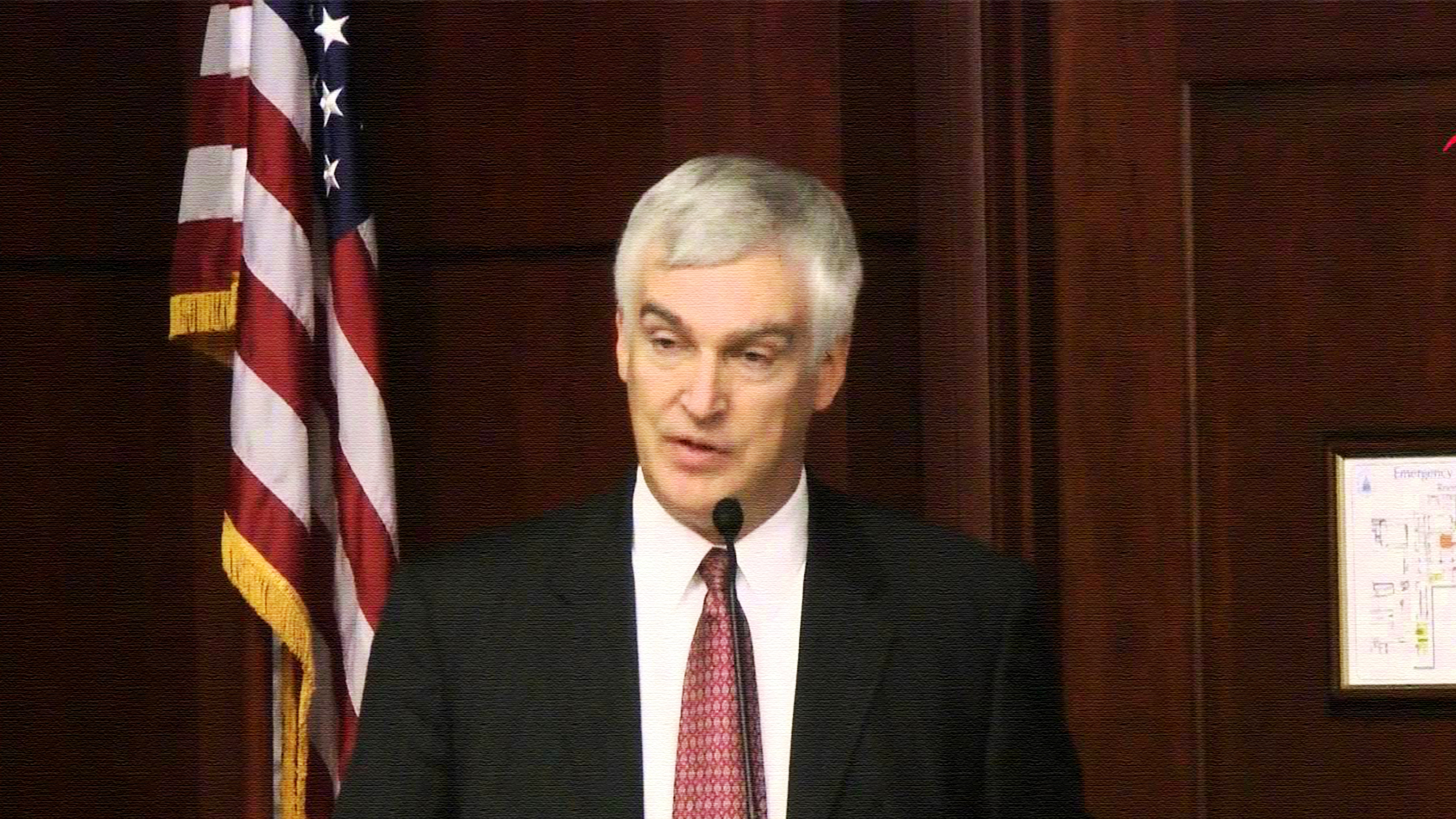Reuters states that two key advisers to Donald Trump have presented a contentious plan for resolving Russia’s ongoing conflict with Ukraine, which seemed unexpected. This proposal suggests conditioning U.S. military aid to Ukraine on its willingness to engage in peace talks with Moscow.
Retired Lieutenant General Keith Kellogg and Fred Fleitz, former chiefs of staff in Trump’s National Security Council, outlined their strategy to Reuters. According to Fleitz, the plan involves initiating a ceasefire based on current battle lines during negotiations, while warning Russia that failure to engage in talks would prompt increased U.S. support for Ukraine.

“We tell the Ukrainians, ‘You’ve got to come to the table, and if you don’t, support from the United States will dry up,'” Kellogg explained, emphasizing the tough stance intended to push for a diplomatic resolution.
Trump, the Republican presidential candidate, responded positively to the strategy, though not necessarily endorsing every detail. Steven Cheung, a spokesperson for Trump, stressed that only statements directly from Trump or authorized campaign members should be considered official.
The proposal represents a significant departure from current U.S. policy and has stirred controversy both domestically and internationally. European allies and factions within Trump’s own Republican Party are likely to oppose such a shift in stance toward Ukraine’s conflict with Russia.

Reacting cautiously, the Kremlin acknowledged openness to negotiations but emphasized that any peace plan must reflect the ground realities of the conflict. Dmitry Peskov, spokesperson for Russian President Vladimir Putin, reiterated Russia’s willingness to engage in talks contingent on a realistic assessment of the situation.
In Ukraine, reactions were mixed. Mykhailo Podolyak, a presidential adviser, criticized the notion of freezing hostilities along current lines, asserting Ukraine’s firm stance on international law and fairness in any peace agreement.

The Biden administration, through National Security Council spokesperson Adrienne Watson, reiterated President Biden’s belief that decisions regarding negotiations should remain Ukraine’s prerogative. This stance contrasts sharply with Trump’s proposed conditions for military aid and diplomatic engagement.
Originally published in a research paper by the “America First Policy Institute,” the plan’s details advocate leveraging NATO membership as a potential incentive for Russia while maintaining pressure on Ukraine to negotiate effectively.
Despite its potential ramifications, including concerns over handing Moscow strategic advantages, proponents of the plan argue that it offers a pragmatic approach to ending one of Europe’s bloodiest conflicts since World War II. Critics, however, fear it could undermine Ukraine’s sovereignty and exacerbate tensions in the region.



